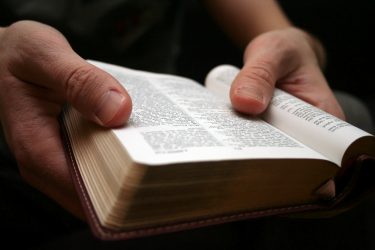The book of Exodus records that the whole nation of Israel was living in bondage under the Egyptians. Israel’s liberation came from God through the leadership of Moses. Because they had never existed as a free, self-governing nation, it was necessary that they receive and apply instruction before they entered the land of promise. Therefore, God did not lead the Israelites to the promised land by the most direct path. He led them through the wilderness for forty years.
God gave specific instructions about how the nation was to operate. They were to be a “Holy Nation.” They were to remain separate from other nations and to drive out all other peoples who occupied the land given Abraham. For Israel, Jehovah was to be their God, and they His people. (Zechariah 8:8)
Liberation can be fearful. And liberation without purpose and direction can be dangerous. With Israel, we find that at the first sign of trials the Israelites became discouraged, murmured and expressed the desire to return to Egypt, back to familiar surroundings. (Exodus 14:11,12) This demonstrated that people sometimes prefer the familiar experiences of past suffering and anguish, if they cannot perceive the certainty of survival in the future. As Christians, we call that certainty – faith.
Liberty is not necessarily freedom from servitude, but it is freedom to choose who or what we serve. Some choose to be self-serving; dedicating their time and energy only to what benefits their own well being. Some choose to serve a noble cause, some a radical movement, some an institution. With “liberty" the choices are endless. In Christ, there is a freedom we have been given that the world cannot take away. The Apostle Paul warns us, let us not use our liberty to serve the flesh. But with love, serve one another. (Galatians 5:13 )
From whatever bond we are liberated, we will have to choose what cause we want our lives to serve. Let us choose as did Joshua, “as for me and my household, we will serve the Lord,” Joshua 24:15.













